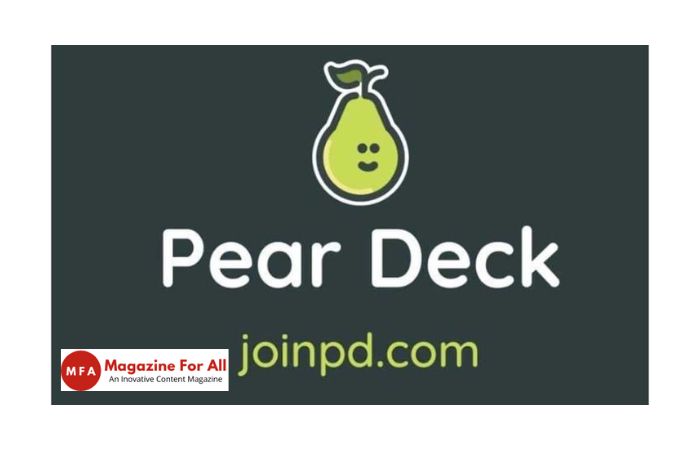In the bustling world of hospitality, where customer preferences and market trends are as volatile as the changing seasons, achieving business success is no easy feat. The hospitality industry encompasses a diverse range of businesses, from hotels and restaurants to travel agencies and event planning services, all vying for their share of the market. In this landscape of fierce competition and ever-evolving consumer demands, the role of strategic planning emerges as a beacon of hope.
In this blog post, we will delve into the profound impact of strategic planning on the success of hospitality businesses.
Table of Contents
Understanding Strategic Planning in Hospitality
At its core, strategic planning involves the meticulous process of defining an organization’s objectives and mapping out the steps required to achieve them. Unlike short-term operational planning, strategic planning extends its purview into the future, aligning the business’s actions with its long-term vision. For hospitality businesses, this means moving beyond mere day-to-day decisions and envisioning the desired position in the market several years down the line. Strategic planning also equips businesses with the flexibility needed to adapt to rapidly changing industry trends and consumer preferences.
The Role of Strategic Planning in Business Growth
As hospitality businesses seek to expand their horizons, strategic planning becomes a guiding light. Market expansion, a common growth strategy, involves identifying new regions or niches to tap into. A carefully crafted strategic plan helps in assessing the feasibility of expansion, understanding the local dynamics, and planning the necessary resources.
Innovation and adaptation are also key elements of growth. The hospitality industry has witnessed rapid technological advancements in recent years, changing the way customers interact with businesses. A strategic approach allows businesses to embrace these changes, offering innovative services and technologies that cater to modern preferences.
Strategic planning also aids in anticipating trends and shifts in customer preferences. As preferences evolve, businesses can adapt their hospitality revenue management strategies accordingly. For instance, if a certain travel trend indicates a surge in family vacations, a hotel’s strategic plan could include tailored family packages, adjusting room configurations and pricing structures to meet the demand. A well-structured strategic plan aids in identifying gaps in the market and devising offerings that meet unmet needs. Whether it’s a new culinary experience, a spa service, or an eco-friendly initiative, strategic planning guides the process from concept to execution.
Key Benefits of Strategic Planning for Hospitality Businesses
One of the most significant advantages of strategic planning is improved decision-making. When a business has a well-defined strategy in place, decisions become more aligned with overarching goals, minimizing the risk of drifting off course. Additionally, strategic planning aids in the optimal allocation of resources, including finances, personnel, and physical assets. This resource optimization is essential in an industry where customer experience is paramount and every detail counts. Aside from these advantages, below are other key benefits hospitality businesses can gain from strategic planning:
Improved Market Positioning
In a saturated marketplace, strategic planning helps businesses differentiate themselves from competitors. By defining a unique value proposition and target market, businesses can position themselves as leaders in specific niches. For example, a boutique hotel may strategically focus on providing personalized services and creating a unique ambiance to attract discerning travelers.
Enhanced Guest Experience
Strategic planning enables businesses to tailor their offerings to meet the specific needs and preferences of their guests. By conducting market research and collecting guest feedback, businesses can identify areas for improvement and implement changes that enhance the overall guest experience. For instance, a restaurant may use strategic planning to revamp its menu, introduce new dishes, or adopt sustainable practices to appeal to environmentally conscious customers.
Financial Stability
Strategic planning plays a crucial role in ensuring the financial stability and growth of hospitality businesses. By setting achievable financial targets, monitoring key performance indicators, and implementing cost management strategies, businesses can optimize their revenue and profitability. Additionally, strategic planning helps businesses identify potential risks and develop contingency plans to mitigate them, ensuring long-term financial stability.
Adaptability to Industry Trends
The hospitality industry is highly influenced by trends and changing consumer demands. Strategic planning allows businesses to proactively anticipate these changes and adapt accordingly. For instance, a hotel may use strategic planning to invest in technology infrastructure, such as mobile check-in systems or smart room controls, to cater to the growing demand for seamless and personalized experiences.
Implementing Effective Strategic Planning
Developing an effective strategic plan requires a systematic approach. It starts with thorough analysis, including market research, competitive analysis, and internal assessments. With these insights, businesses can set clear, actionable goals that align with their vision.
Involving stakeholders is vital during this process. Employees, customers, and partners can provide valuable perspectives that enrich the strategic planning process. Their input ensures that the strategy considers diverse viewpoints and is more likely to be embraced by all involved.
However, a strategic plan is not set in stone. In the rapidly changing hospitality landscape, continuous review and adaptation are crucial. Regularly revisiting the plan and adjusting it based on emerging trends, customer feedback, and market shifts helps maintain its relevance and effectiveness.
Potential Pitfalls and Challenges
While the benefits of strategic planning are evident, challenges can arise during its implementation. Resistance to change is a common hurdle. Employees and stakeholders might be attached to familiar ways of doing things, making the adoption of a new strategy an uphill battle. Proper communication and change management strategies are essential to overcome this resistance.
Insufficient data analysis is another pitfall. A well-informed strategy relies on accurate data. Neglecting thorough data management and analysis can lead to flawed assumptions and decisions that don’t align with reality. Investing in data collection and analysis tools is a prudent step in effective strategic planning.

In the dynamic world of hospitality, success isn’t just about the quality of service or the allure of a property; it’s about the art of strategic planning. A well-crafted strategy provides a roadmap to success, ensuring that every decision, every investment, and every innovation contributes to the realization of long-term goals. The impact of strategic planning reverberates through improved decision-making, resource optimization, competitive advantage, risk mitigation, and sustained growth.
As we look ahead in the hospitality industry, one thing is certain: businesses that prioritize strategic planning will be better equipped to navigate the ever-changing currents and emerge as true industry leaders.













































































